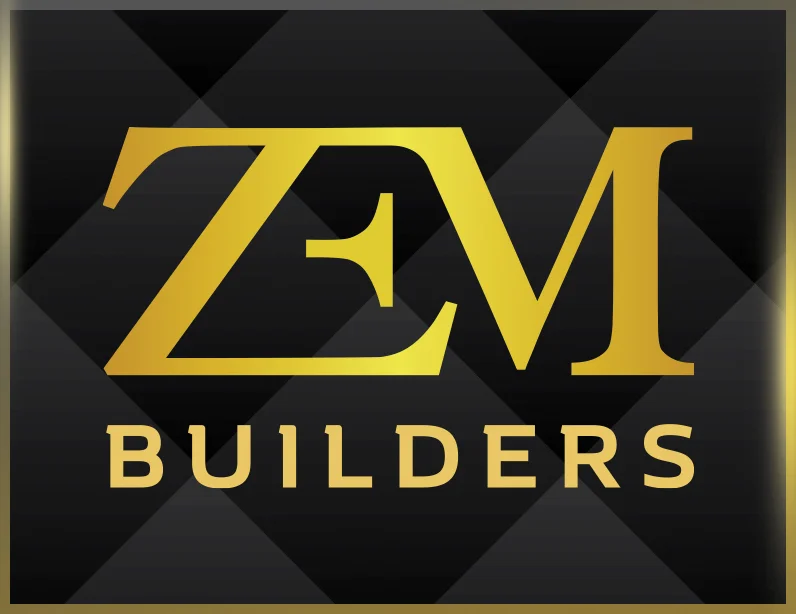Ultimate Checklist for Setting Up Utilities in Your New Home in 2023
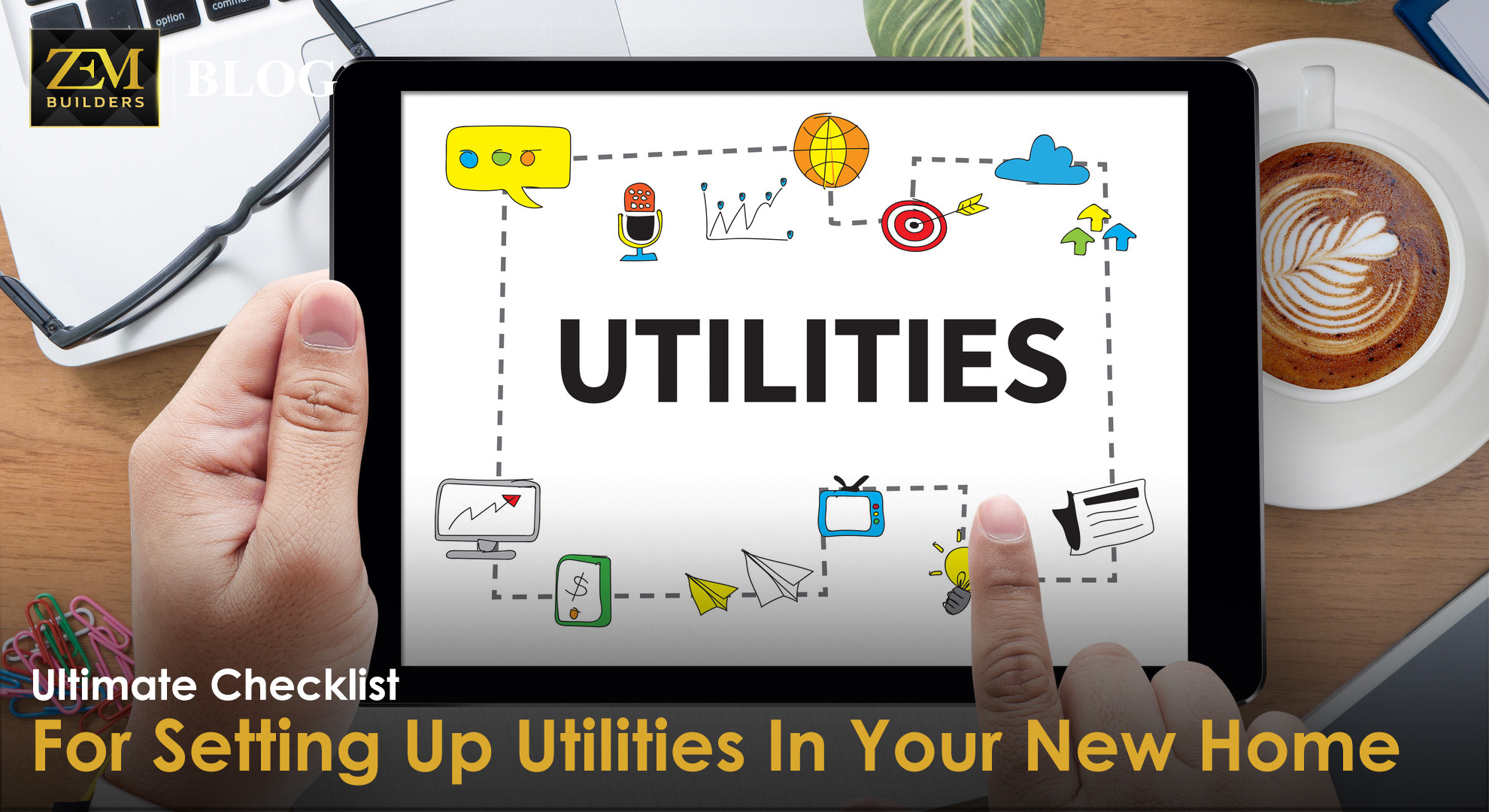
Moving into a new home is an exciting milestone, but it also comes with the task of setting up utilities. These services are the lifeblood of your daily routine, ensuring you have access to electricity, water, heating, cooling, and more. In this comprehensive checklist, we will guide you through the process of setting up utilities in your new home, including valuable insights related to construction considerations.
Setting up utilities in your new home
Electricity
Research and contact the local electricity utility company serving your area. In some cases, you may not have a choice of providers due to geographical constraints. Arrange for a service appointment to establish your electricity connection. Ensure that the electrical panel and wiring in your new home are inspected and meet safety standards, especially if it is an older property.
If you are constructing a new home, consult with your builder about energy-efficient electrical systems, LED lighting, and smart home features to reduce your long-term energy consumption. These features can not only help you save on your electricity bills but also contribute to a more sustainable and eco-friendly lifestyle. Additionally, consider installing surge protectors and smoke detectors for added safety measures in your new home.
Water and Sewerage
For new construction, verify the location of water and sewerage lines on your property. Ensure that these lines are properly connected to your home. Get in touch with the local water authority to set up your water service. Ensure that the water meter is functioning correctly, and there are no leaks in the plumbing system. Additionally, consider installing low-flow fixtures and toilets to conserve water. It is also important to regularly check for any potential leaks or water waste to maintain the efficiency of your plumbing system.
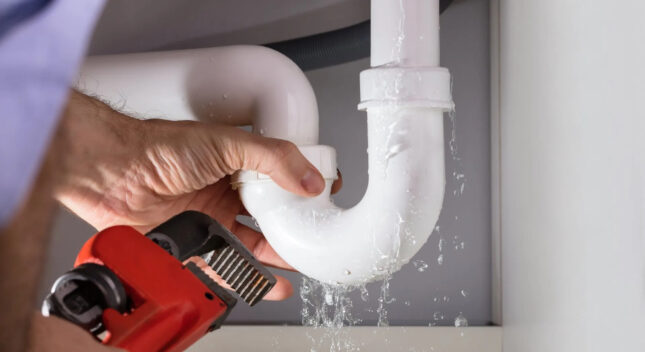
Heating and Cooling
Consider your climate and energy efficiency when selecting heating and cooling systems. Consult with HVAC professionals to determine the most suitable options for your home. They can assess your home’s size, insulation, and other factors to recommend the appropriate heating and cooling systems. Additionally, it is important to regularly maintain and clean these systems to ensure optimal performance and energy efficiency. Ensure that the ductwork in your home is properly sealed and insulated to minimize heat loss and maximize efficiency.
Natural Gas
Contact the local gas company to set up your service. They will be able to provide you with information on rates, installation, and any necessary permits. Additionally, make sure to install carbon monoxide detectors in your home to ensure safety when using natural gas appliances.
Internet and Cable TV
Explore internet and cable TV providers in your area, and compare packages to find the best fit for your needs. Ensure that your home is wired for high-speed internet and cable TV. Consider future-proofing your home by installing ethernet cables or fibre-optic connections.
Trash and Recycling
Reach out to the local waste management company to establish trash and recycling collection services. Inquire about recycling programs and guidelines for sorting and disposing of waste responsibly. Additionally, consider implementing sustainable practices such as composting or using reusable containers to further reduce your environmental impact. Stay informed about any changes in recycling regulations and educate yourself on proper disposal methods for hazardous materials. By taking these steps, you can contribute to a cleaner and greener community.
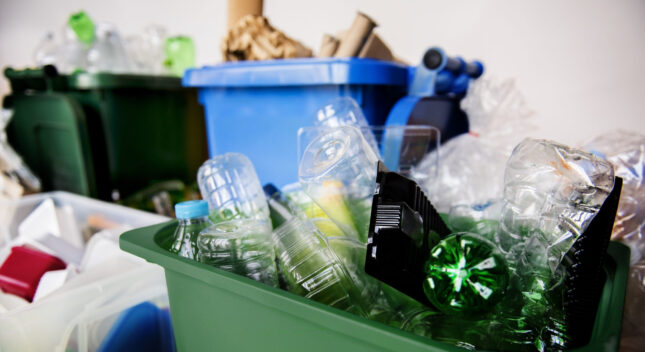
Security Systems
Assess your security requirements and consider installing a security system that includes alarms, surveillance cameras, and motion detectors. For added peace of mind, have your security system professionally installed, especially if it is a new construction. A professionally installed security system ensures that all components are properly integrated and functioning optimally. Additionally, regularly update your security system’s software and firmware to stay ahead of potential vulnerabilities and ensure maximum protection for your property.
Permits and Inspections
Ensure that all utility installations and connections comply with local building codes and regulations. Obtain any necessary permits for construction or utility work. Failure to obtain the proper permits and inspections can result in costly fines and delays in your construction project. It is important to adhere to these regulations to ensure the safety and legality of your construction work, as well as maintain good relationships with local authorities and neighbors.
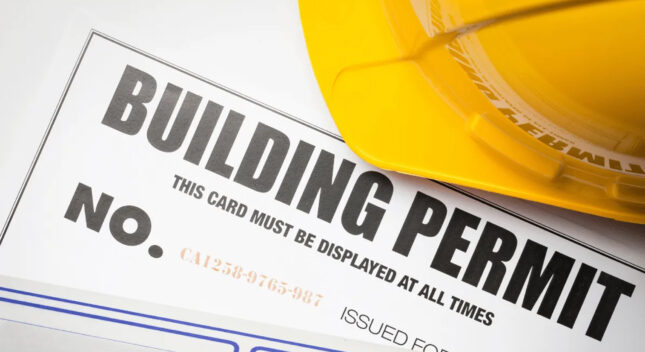
Conclusion
Making your living space comfortable and practical requires setting up utilities in your new house. Following this comprehensive checklist will make sure that your utilities are installed, maintained, and optimized for your needs whether you are building a new home or moving into an existing one. Be proactive, seek advice from experts when required, and take use of your new home’s comfort and convenience.
